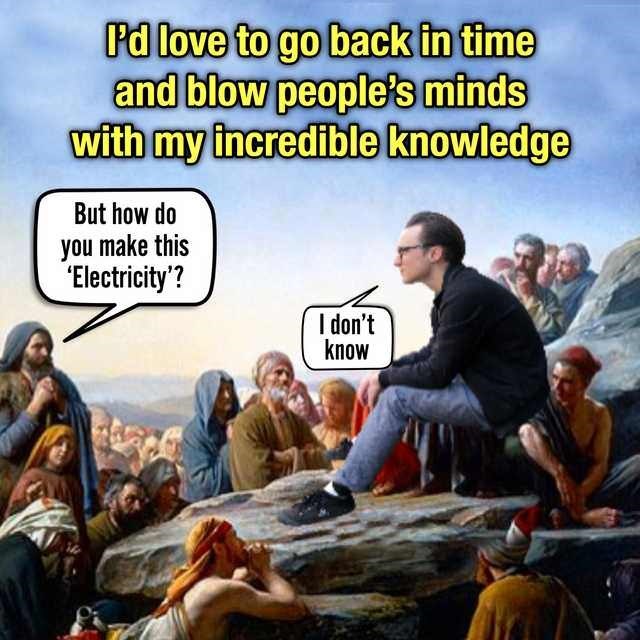Season 2 of Dr. Stone was shorter than season 1, consisting of only 11 episodes, where season one had 24 episodes. Overall, season two retained the same level of excitement, and I was enjoying the watch. Animation remained remarkably well.
Season one finished with Senku finishing the construction of the telephone, and season two focused on the fight against Tsukasa. This shift also leads to a shift in using science to make more destructive weapons. The most lethal thing that was made in the first season was gunpowder and swords, but in this season Senku ended up making both a tank and dynamite. Although Senku manages to have a bloodless coup d’etat, it hints at the destructive power that modern science enables. This is literally hinted at by Tsukasa who argued that science must be eliminated to return to a world without bloody wars. The fallacy with Tsukasa was in that he then enabled violence via survival of the fittest.
Senku’s stance on this debate over the destructive power of science was illuminated when Senku created dynamite. Senku mentioned that it was debated whether Alfred Nobel created dynamite to help mine minerals or wage wars. Senku proceeded to say that he didn’t care either way because it helped advance science– Alfred Nobel went on to start the Nobel prizes to celebrate advances in science. This is echoed in season one when Senku and the village built the telephone to wage information warfare, but, along the way, they ended up making a slew of things that helped the village out like glasses and furnaces to heat their homes.
Although it is noble to think that science, regardless of the motives, will eventually lead to a better society, that can lead us into morally tricky situations. Consider nuclear technology. It was initially developed to build bombs, but now it is also used as a green energy source. On the one hand, it is helping society with clean energy. On the other, it has put us in a dastardly situation where mutual destruction is ensured if any nuclear power were to go to war with each other. So, do the motives matter? If nuclear research got conducted solely for energy, it would have just gotten weaponized, the second a geopolitical conflict required it. In Dr. Stone, the Senku-Tsukasa conflict got resolved by Senku using science to defeat Tsukasa. When two sides are pitted against each other, they will use any advantage they can get, and in Senku’s case, that was science. TLDR: humans wage wars science can’t stop that, but if science can help humanity prosper, then let’ be all for it.
Fullmetal Alchemist is another anime that does a phenomenal job at exploring the ethical applications of science. Dr. Stone hasn’t yet crossed the lines of applying science to do morally questionable things, but Fullmetal Alchemist has done just that. Skipping plot summaries, FMA concludes that the pursuit of science for science’s sake is not a good enough argument since it can lead some people to do some truly horrific things– like human experimentation and human sacrifice.


